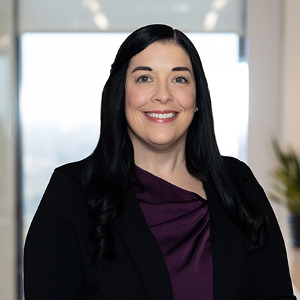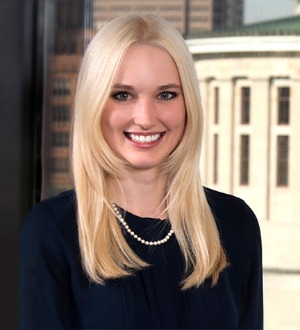Risk management requires understanding the limits of our predictive abilities and judgment. Making good decisions depends on having the right information and recognizing what we may be missing. Former Secretary of Defense Donald Rumsfeld described these limitations by dividing decision-making information into factors or categories.
- Risk decisions fail when lawyers overestimate what they know. The article frames judgment gaps using Rumsfeld’s known knowns, known unknowns and unknown unknowns.
- Even accurate information can mislead. The “curse of knowledge” shows how having more facts can distort risk analysis and negotiation positions.
- In negotiations, knowing more than the other side can cost money by anchoring offers higher than necessary.
- Clear communication and active listening help uncover information gaps faster and improve outcomes. Read on to sharpen daily decision making.
Categories of Information in Risk Assessment
Rumsfeld organized the information critical for making sound decisions into three distinct types:
- Known knowns: Things that we know that we know.
- Known unknowns: Things that we know that we do not know.
- Unknown unknowns: Things that we do not know that we do not know.
Challenges Across the Three Information Categories
There are different problems for decision-making processes associated with each of these categories. First, many times what we think we know is at least partially incorrect, so we make assumptions based on a premise that is not sound. Second, the problem with known unknowns is at least partially self-evident: we know that we are missing specific information.
Finally, the worst thing about unknown unknowns is that there are things that we are not even aware of, so we are unable to factor them in our assessment as missing critical elements which might otherwise impact our decision.
What is The Curse of Knowledge?
Even worse, our best information, the "known knowns," can corrupt our judgment, even if what we know that we know is all 100% correct. This is due to a cognitive bias called "The Curse of Knowledge."
The Curse of Knowledge Definition
Refers to a phenomenon resulting from possessing superior knowledge or information and it has at least two components:
1. Similar to the hindsight bias, acquiring knowledge impairs our ability to remember what it was like to not have that knowledge. This results in viewing situations from a different perspective than others who do not have the knowledge and an inability to relate to those who do not possess the same knowledge.
2. Having superior information can hurt us. This is because even if we are able to identify what we know that other people do not know, we are unable to ignore our knowledge, so our risk assessment and strategic processes will be very different from theirs.
How the Curse Can Affect Negotiation
For example, in a dispute over division of money, each side may have information and make assumptions about the amount of money to be divided. If one person knows that there is more money to be divided than the other person knows about, the person who is aware that there is more money will be subconsciously influenced by their own knowledge to offer more money in negotiation.
This means that their knowledge is a disadvantage if the other person who knew less may have been inclined to accept less as a settlement. The curse distorts our negotiating ability because we are unable to think about what it is like and what we would do if we did not know about all of the money.
Reducing the Impact Through Communication
A potential solution to the curse of knowledge may be improved communication skills. The curse of knowledge causes us to assume that other people share our knowledge or information because we cannot remember what it was like for us to not know what we know. If we do not assume that something is obvious to everyone, we may be able to more effectively identify and understand gaps in others' information.
Err on the side of assuming lack of knowledge to ensure delivery of the the most fundamental and critical information necessary to the audience. Work on our own listening skills may mitigate the curse of knowledge bias.
By being attentive and keeping an open mind without thinking about our own conclusions, we may better hear and understand when someone else's analysis is due to inferior information.























